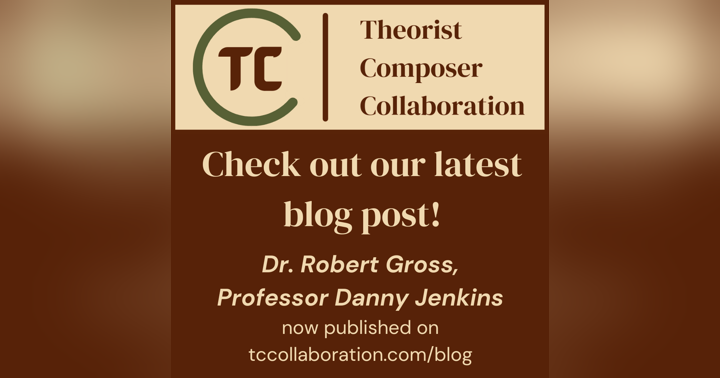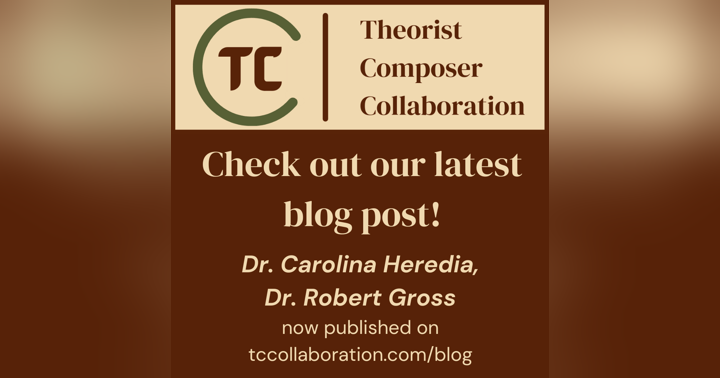Brian Junttila, The Housing Crisis

Hello Everyone,
If you have not already, I encourage you to use the following link to listen to the most recent episode of the TCC Podcast, featuring the composer Brian Junttila and his piece Concertino for Saxophone.
https://www.tccollaboration.com/concertino-for-saxophone-brian-junttila/
I loved my conversation with Brian, and would like to further comment on the success in artistry and compositional process that is Concertino for Saxophone. The more I thought about it in reflection from the recording, editing, and release of the episode, the more I am comfortable to say that Concertino for Saxophone is a fine example of the compositional style of the 21st century. To some this might seem like a trite comment, but for many who concern themselves with style identification and conversation, such as myself, this is a difficult and complex topic to address. For much of music history, and even for chunks of the 20th century, many time periods, regions, countries and backgrounds are highly salient and understood in the overall sound of the music. A late-Baroque piece is distinctive from an early-Baroque piece, or an early to mid-Classical string quartet from Germany or Austria is distinctive from something originating in the Russian sound during similar times. Such distinctions become less clear and distinctive moving towards the modern day, and music in the past 30, and arguably upwards of 50, years in the classical-style composition tradition does not hold such identification. The reasons for this are multi-faceted in many elements, there could easily be a graduate course on these ideas, including the reasons for the homogeneous nature of older music as well as the societal transformations which have opened-up the world of composition. This is all to say that the idea of a “21st century sound” is so thoroughly, and rightfully, contested that it does not hold much differentiation from other things.
Colloquially, or at least in my experience, a “21st century sound” is defined through its evolution and build from older ideas. Essentially a collage of musical idioms and ideas which, as being greater than the sum of its parts, creates a unique landscape that had not yet been heard from its individual elements before. This can create some difficulty in aural identification, as some things might be easily confused with others. I would argue, however, that Brian’s music, or at least in the case of Concertino for Saxophone, is a definitional piece for the sound of the 21st century, or at least pretty close if you were to attempt to find an example of “the sound”. Brian incorporates linear, contrapuntal writing that is intervallicly informed through the octatonic scale, horizontal complex harmonic writing, a large-form ABA, fast-slow-fast contrasts, soloistic writing which evokes late-romanticism, etc. This is a very difficult thing to quantify and I am not sure if I really did the best in explaining it. Regardless, this is all to say that Brian’s music accomplishes a melding of classical ideas hundreds of years in the making which, although identifiable in their inspirations, results in a novel sound.
Thank you again to Brian Junttila for coming onto the podcast alongside his piece, Concertino for Saxophone.
I am happy to preview that our next guest on the Theorist Composer Collaboration is the artist project The Housing Crisis, also known as the singer/songwriter Dylan O’Brian with his new upcoming single, Close to Something. This episode is particularly exciting, as it’s release will coincide on the same day with the release of Close to Something. This single is also the final promotional track in the lead-up to the second album from The Housing Crisis, Trivial in the Greater Picture, which is set to release later next week on Friday June 21st. I don’t want to give too much away, but my conversation with Dylan was insightful, fun, and I certainly learned some new perspectives about the music industry. We talk about artist labels, genres, compositional approaches, the music industry, inspirations, and reflect on a number of intriguing and fascinating things in the ecosystem of modern music. You definitely won’t want to miss it!
I am also very excited to tease that the next guest after The Housing Crisis will be the composer Isabella Temperville and her album Infernal Suite. This album is a masterful intersection of narrative and sonic storytelling, and I am excited to share more about it in next week’s blog post!
Again, don’t forget to listen to the most previous episode if you missed it, featuring the composer Brian Junttila and his piece Concertino for Saxophone. Make sure to follow our social media links below and the podcast streaming platform of your choice to keep up-to-date on new episodes and blog posts from the TCC. Additionally, set your calendar and/or streaming subscriptions to this coming Monday, June 17th for The Housing Crisis and their upcoming single Close to Something. You won’t want to miss it, and we’ll see you there!
- Aaron
Podcast Hosting Options
Website: https://www.tccollaboration.com/
Spotify: https://open.spotify.com/show/2UkZ99Ko6FdoUyDdhHvqNe
Apple Podcasts: https://podcasts.apple.com/us/podcast/theorist-composer-collaboration/id1740684613
Amazon Music: https://music.amazon.com/podcasts/31fdf020-d5d5-4550-9612-c6b47ca32835/theorist-composer-collaboration
iHeartRadio: https://www.iheart.com/podcast/269-theorist-composer-collabor-175488225/
YouTube: https://www.youtube.com/@TCC-ys5xy
Contact and Social Platforms:
Contact page: https://www.tccollaboration.com/contact/
Facebook: https://www.facebook.com/profile.php?id=61557900086297
Instagram: https://www.instagram.com/tc_collaboration/
Email: theory.comp.collaboration@gmail.com


